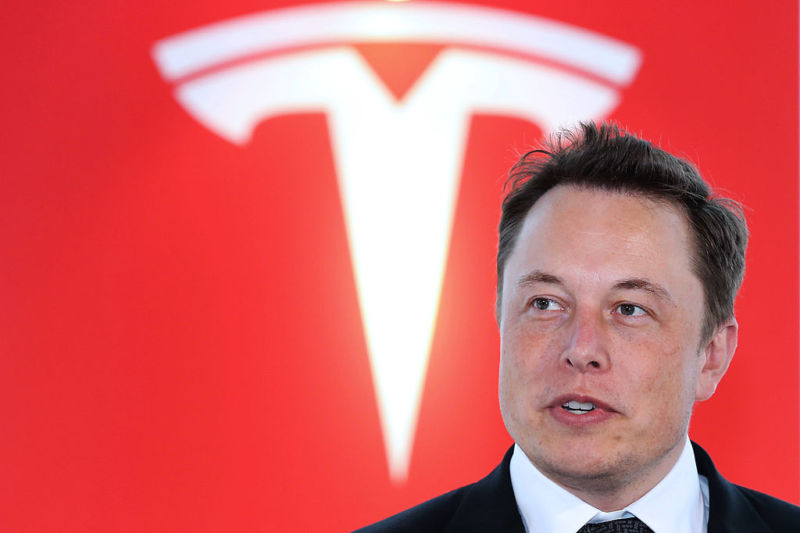
Tesla shareholders will vote on Thursday on whether to restore the mammoth pay package for chief executive Elon Musk that was struck down by a Delaware judge this year. But that is not expected to close the book on a legal saga that has consumed the electric-car maker and the leading US business law court that dared to defy Musk and his overseers on the company’s board.
In asking shareholders to approve of the same 2018 pay package that was nullified by the Delaware Court of Chancery in January, Tesla is relying on a legal principle known as “ratification,” in which the validity of a corporate action can be cemented by a shareholder vote. Ratification, the company told shareholders in a proxy note earlier this year, “will restore Tesla’s stockholder democracy.”
This instance, however, is the first time a company has tried to leverage that principle after its board was found to have breached its fiduciary duty to approve the deal in the first place.
Even Tesla admits it does not know what happens next. “The [Tesla board] special committee and its advisers noted that they could not predict with certainty how a stockholder vote to ratify the 2018 CEO performance award would be treated under Delaware law in these novel circumstances,” it said in a proxy statement sent to shareholders.
The outcome of the vote is far from certain. The large proxy advisers, Institutional Shareholder Services and Glass Lewis have recommended voting against the pay, even as many large shareholders have voiced support. The result will send an important message on how investors feel about rewarding successful visionary CEOs—even those who come with baggage.
Each side has offered divergent views on what Thursday’s vote will mean in a more practical sense. Should the referendum pass, dissident shareholders could sue again or amend their original case to attack the new pay vote. They could claim paying Musk for past performance is itself a “waste” of corporate resources and yet another breach of fiduciary duty.
For its part, Tesla has taken steps to avoid winding up in a similar situation as 2018—when, according to the Delaware court ruling, the company’s board was too intertwined with Musk to exercise independent judgment, ultimately resulting in approving pay terms that were unfair to shareholders.
A new independent director, Kathleen Wilson-Thompson, has approved the same terms as in 2018: 304 million shares, which equates to roughly a tenth of outstanding Tesla shares, if multiple stock price and operating performance targets are hit. Wilson-Thompson hired her own legal, financial and academic advisers, spending more than 200 hours on her deliberations, according to the proxy.
The company has argued that without a sizable pay package, Musk could lose focus on the carmaker given his other ventures ranging from social media platform X to SpaceX and his artificial intelligence start-up, xAI. The proxy sent to shareholders spelt out the billionaire had found the pay deal “motivating” and he had confirmed “that ratification of it would motivate him to continue devoting his time and energy to Tesla.”
Thursday’s vote will leave unresolved the question of how much the lawyers who sued and won over the 2018 deal will take home. In March they asked the court to grant them 29 million Tesla shares—now worth more than $5 billion—as a payment for their work. A court hearing is set for July.
Tesla has strongly opposed that request. Apart from airing its views in the shareholder proxy statement, it has added four powerhouse law firms to represent it in the pay case: national firms Sullivan & Cromwell and DLA Piper as well as two titans of the Delaware bar, Richard Layton and Morris Nichols.
Tesla says shareholders who easily approved the pay package six years ago still support the stock grant—and Thursday’s vote may prove it right. If the shares are restored to Musk, they could argue, then plaintiffs attorneys cannot argue that they achieved any benefit for the remaining shareholders and must be denied their fee request.
It could also prompt the judge who overturned the pay package, Kathaleen McCormick, to reconsider her original decision.
Lawrence Hamermesh, a law professor at Widener University, said: “In theory, the chancellor could say that with the stockholders having approved it on a fully informed basis that is an effective ratification, and the product of appropriate stockholder action, and in a way my previous ruling is moot.”



